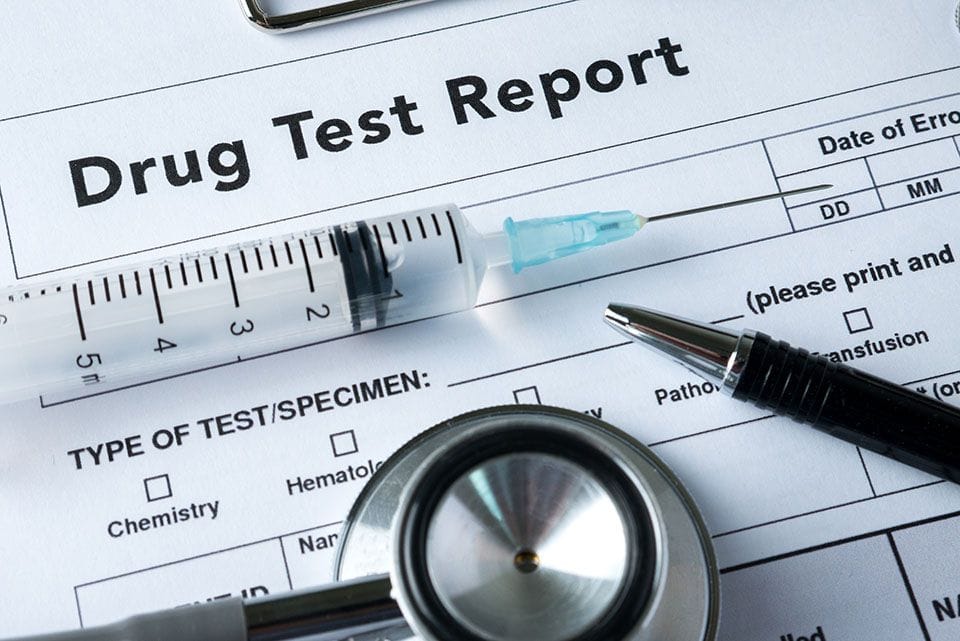Alcoholism and gambling disorder are well-defined examples of two recognized forms of addiction: substance addiction and non-substance-based behavioral addiction. Impulsive behavior is typically viewed as a core characteristic of both forms of addiction, although the specific types of impulsivity present may vary. In a study published in June 2014 in the journal Addictive Behaviors, a team of German and Dutch researchers compared the types of impulsive behaviors associated with alcoholism to the types of behaviors associated with gambling disorder. These researchers concluded that both forms of addiction produce a similar impulsivity profile.
Substance Addiction and Behavioral Addiction
Substance addiction is the classic model of addiction. It begins when a person consumes (typically) excessive amounts of alcohol or certain drugs or medications for a span of time long enough to produce lasting changes inside the brain’s pleasure center and trigger the onset of physical dependence. Once physical dependence is established, an affected person can easily start developing symptoms of full-blown addiction. Common examples of these symptoms include a compulsive urge to consume more of a substance, loss of the ability to effectively regulate substance consumption, a declining susceptibility to the mind-altering impact of any given amount of a substance (known as tolerance), prioritization of substance-related issues over other daily concerns and the appearance of substance withdrawal when intake does not meet the minimum amount necessary to support ongoing dependence. Current guidelines group substance addiction and substance abuse together as overlapping aspects of a condition called substance use disorder. Behavioral addiction is a newer model of non-substance-based addiction that has only achieved full recognition from the medical establishment in the last few years. People affected by this form of addiction develop clearly dysfunctional patterns of behavior when engaging in activities that don’t trigger dysfunction in most individuals. In addition to gambling, well-documented activities that can produce damaging, addictive behavioral patterns in a relatively small portion of the population include eating highly satisfying food, having sex, going shopping and using the Internet. Several of the critical brain changes that underlie substance addiction also appear in people affected by behavioral addiction. The American Psychiatric Association term for such an addiction is addictive disorder.
Impulsive Behavior
People who behave impulsively typically do such things as fail to consider the consequences of their actions, react to changing circumstances in spontaneous or unexpected ways and/or fail to think things through in general. Impulsivity is age-appropriate for younger children and teenagers; however, most adults grow less impulsive as their brains complete the process of development in their early to mid-20s. Adults who continue to experience unusually high levels of impulsivity have increased risks for a number of serious problems, including substance use disorder and certain other mental health concerns.
Comparing Behaviors
In the study published in Addictive Behaviors, researchers from Germany’s Technical University of Dresden and the Netherlands’ University of Amsterdam and VU University Amsterdam used a battery of screening tests to compare the impulsive behaviors found in 51 people with gambling disorder to the behaviors found in 45 people with alcoholism. The researchers’ comparisons also included 49 people diagnosed with Tourette syndrome and 53 people with no significant health problems. Four aspects of impulsive behavior were explored: self-perceived impulsivity in each individual, the relative ability to stop an action once it’s begun, the frequency of impulsive choices and impulsive use of the body. The researchers found that, compared to their generally healthy counterparts, both the gambling disorder group and the alcoholism group had substantially higher scores for each aspect of impulsive behavior under consideration. They also concluded that, in a direct comparison, the types and levels of impulsivity found in people with gambling disorder did not differ significantly from the types and levels of impulsivity found in people with alcoholism. In most respects, the people affected by both forms of addiction also had impulsive behaviors that closely resembled those found in people with Tourette syndrome. The study authors’ primary focus was the impulsive behavior found in people with gambling disorder. They believe that, although the specific behaviors found in people with the disorder are not unique to dysfunctional gambling or behavioral addiction in general, awareness of their presence may help addiction specialists and other health professionals improve treatment options for affected individuals.



